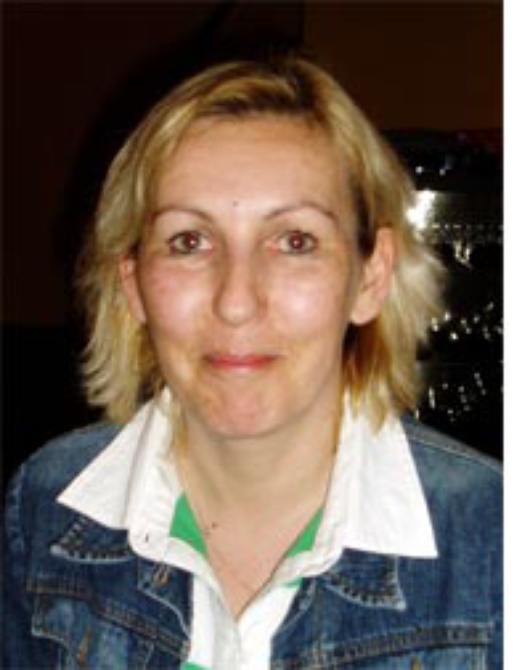“Old member states are tired of immigrants”
Published on
In an interview with café babel, Ingrid Baumanová, the executive director of the Slovak Helsinki Committee, discusses the issues immigration raises in the new member state
 Slovakia, which recently joined the EU, grants legal status to a notoriously low number of immigrants. Last year, out of the more than 11,000 applications which were made, only 15 were allowed to stay. Ingrid Baumanová works for the Slovak Helsinki Committee, a non-governmental human rights organisation, which campaigns for the fairer treatment of immigrants in Slovakia.
Slovakia, which recently joined the EU, grants legal status to a notoriously low number of immigrants. Last year, out of the more than 11,000 applications which were made, only 15 were allowed to stay. Ingrid Baumanová works for the Slovak Helsinki Committee, a non-governmental human rights organisation, which campaigns for the fairer treatment of immigrants in Slovakia.
What is the difference between attitudes towards the common asylum policy in the new and old EU member states?
The old member states are afraid of the common asylum policy. Their governments are tired of the amount of immigrants and they have started to defend themselves against new influxes. This particularly true in periods preceding elections. But migration policy in new member countries, many of which are post-communist states, is only 10-years-old. Previously it was their inhabitants who were applicants for asylum as they were trying to escape the communist system. Now the tables have turned. However, the relationship of new member states with Russia is still a concern. We are trying to stay on good terms, as can be seen with the example of Chechen refugees [who seek asylum in Slovakia] - a touchy subject for Russia. Asylum seekers will often be allowed to stay in neighbouring Austria, even if they have been rejected in our country.
What are the priorities of immigration policy in Slovakia?
We are making preparations for the implementation of the Schengen Agreement at the moment – the essence of which is the protection of EU external borders. Two possible strategies are being discussed: one of them is based on the strengthening of present EU external borders in order to defend Slovakia against an influx of immigrants from Ukraine. The other one is to increase efforts for the accession of Yushchenko’s Ukraine into the EU so that the borders can move further eastwards.
How does the EU help the member states which form its external borders?
The EU is trying to push the issue of immigration to the borders, which understandably meets a certain dissent from these countries. The EU must not neglect its role in the so-called “sharing of responsibility”. According to [this principle] the EU as a whole should help countries that share borders with non-member states. Within two years our borders should be up to the standards that the EU is expecting of us, as special finances are being set aside.
Has Slovakia’s accession to the EU affected immigration policy?
Our immigration office is preparing for a rapid growth in the number of immigrants coming to Slovakia due to increasing economic standards here. Up until now, Slovakia has been perceived as a transit, not a target, country by immigrants. This is chiefly because of deficiencies in [Slovakian] integration policy, such as limited access for immigrants to the labour market and social welfare.
Many people see the proposed European constitution as depriving us of our discretionary power. Do you think they are right?
I think this is a misapprehension. The constitution is about the harmonisation of attitudes towards immigrants, so as not to judge the same community differently in individual countries. The EU guarantees that every member country is equally responsible for the maintenance of external borders, so in our case this will mean the strengthening of our discretionary power because we carry one of the heaviest burdens. Unfortunately, member states themselves are not unified as to which competences should be governed by the EU and which should remain the responsibility of individual countries. Let us hope that the EU will take a rational stand which will result in an asylum process that will be acceptable to everybody and will protect the individuals who need it most.



